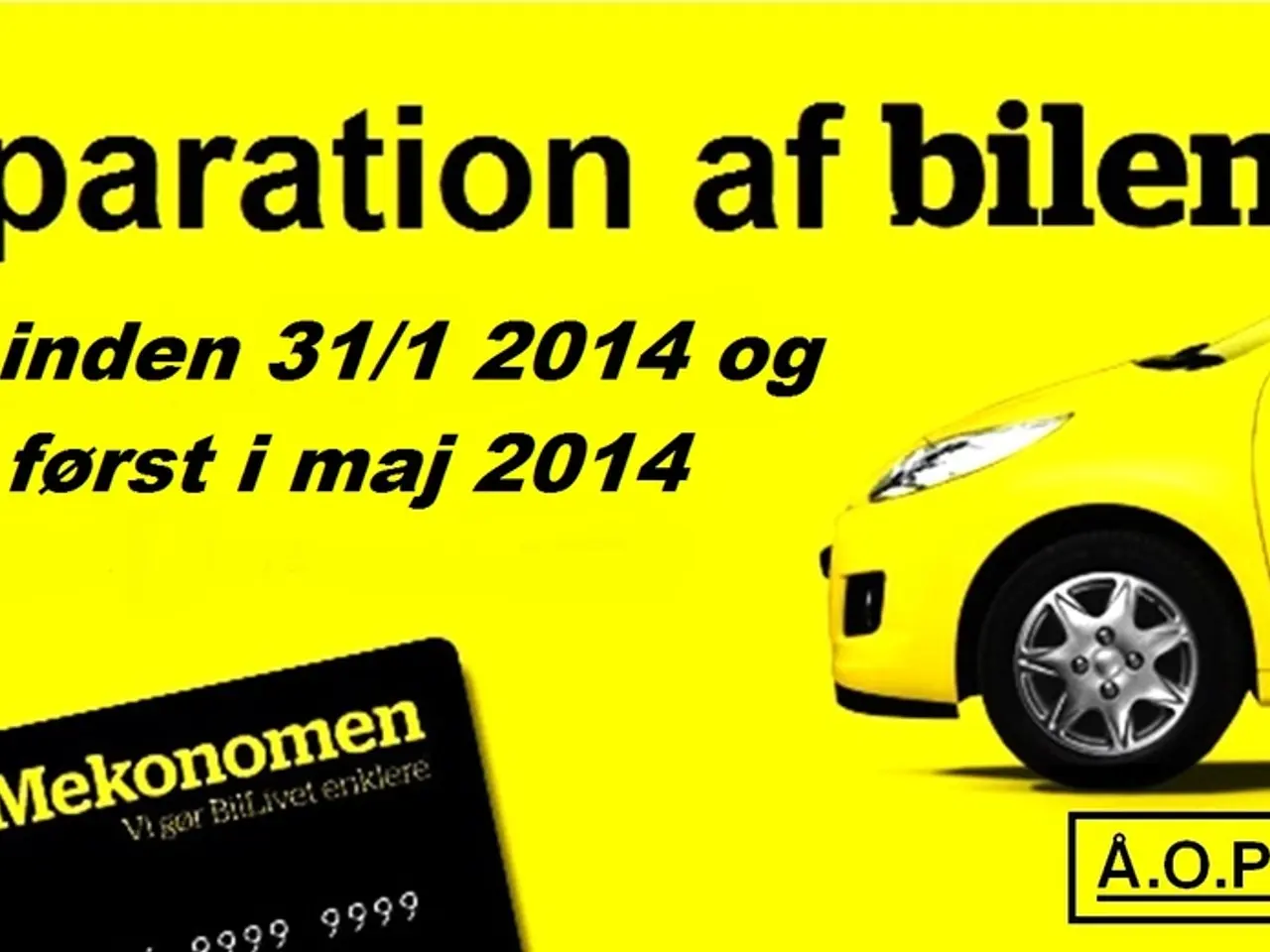Insurance collaboration established between SDK and Stuttgarter, joining forces to offer enhanced coverage solutions. - Collaborative Insurance Venture Launched by SDK and Stuttgart
**Stuttgart Insurance Group Merges to Form Streamlined, Customer-Focused Provider**
The Southern German Health Insurance (SDK) and Stuttgart Life Insurance have joined forces to form a new insurance group, set to commence operations after July 1. This consolidation in the German insurance sector aims to create a unified entity with a shared culture and a common vision.
The new insurance group, with an equity of around 18 billion euros, will retain both the SDK and Stuttgart brands. The CEOs of both companies will work together in a dual role, leading the way in shaping this corporate group over the coming months.
The merger, which started in October 2024, was described as thorough and comprehensive by SDK CEO Ulrich Mitzlaf. It was unanimously approved by the representative assemblies of the companies, and the Federal Cartel Office has given the green light to the merger, as confirmed by Stuttgart CEO Guido Bader.
The new insurance group is expected to save costs in areas like administration and IT investments. With a workforce of around 1,600 employees and over 1.8 million insurance contracts, the group aims to achieve new growth through complementary products and distribution channels, focusing on life, accident, and health insurance business.
The new insurance group's growth strategy likely emphasizes digital innovation, expanding market reach within Germany and possibly Europe, and strengthening partnerships to drive sustainable and profitable growth. It might also target innovation in risk management and sustainability to align with evolving customer expectations and regulations.
Jobs are not expected to be lost as a result of the merger, according to earlier statements. The companies plan to complete the integration process by the end of 2026, with the new insurance group's structure expected to be finalized by this time.
The merger was confirmed as an excellent fit for both companies, with the potential to create a customer-focused insurance provider with a broad product offering. The new insurance group looks forward to serving its customers with enhanced services and a more robust product portfolio in the coming years.
In alignment with the merger, the new insurance group may implement a community policy that includes vocational training programs for employees, serving as a strategic initiative to drive growth and innovation. To support this growth strategy, the group may allocate financing towards such vocational training programs, investing in the development of a skilled workforce and fostering a customer-focused, unified culture.




